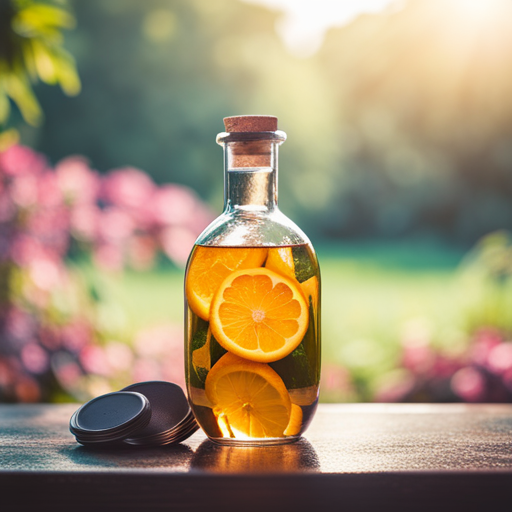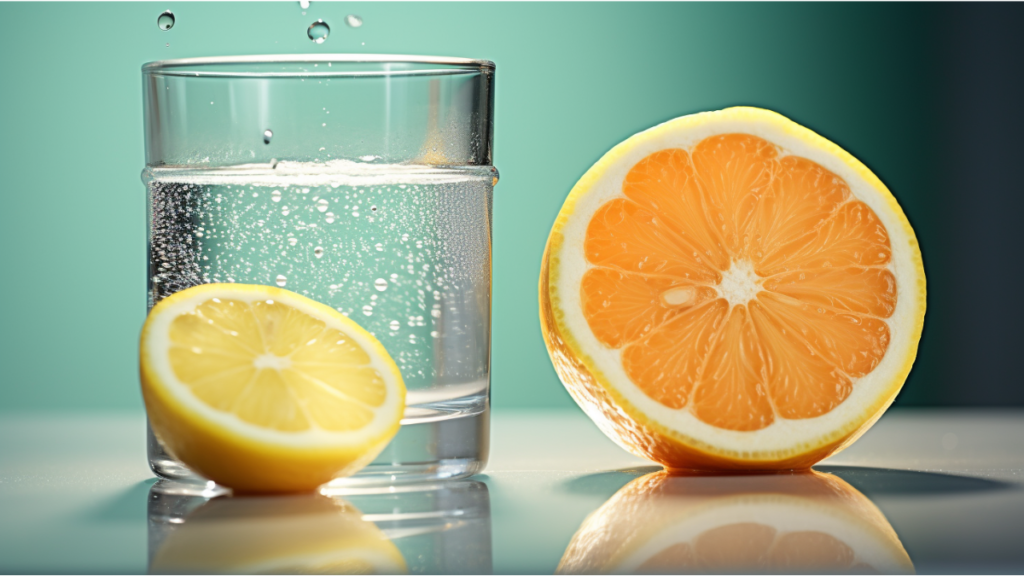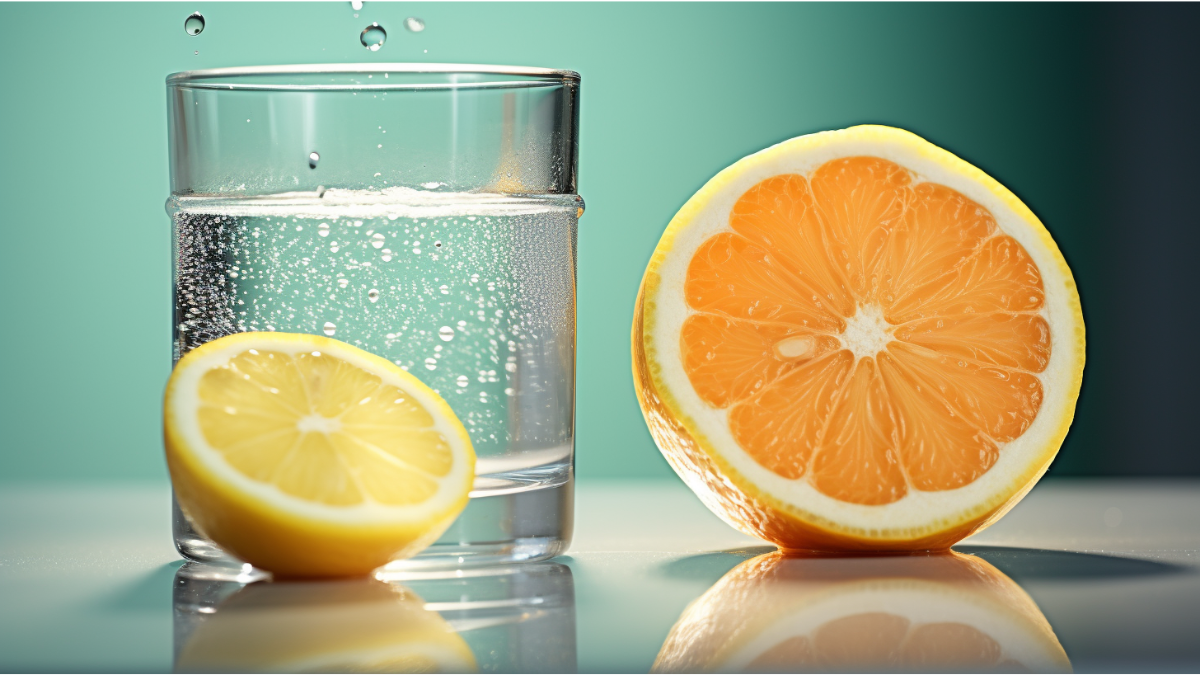Are you tired of dealing with the negative effects of hard water, such as limescale buildup and dry skin? Have you considered using a citric acid water softener as an alternative to conventional water softeners? While this method promises to reduce the negative effects of hard water without adding sodium to the water, it comes with a higher price tag, and its long-term effectiveness is still being studied.
In recent years, citric acid water softeners have gained popularity as a more natural and environmentally friendly option for treating hard water. However, before investing, weighing the pros and cons is important to determine if this method is right for you.
In this article, we will explore the benefits and drawbacks of citric acid water softeners and provide recommendations for homeowners considering this method of treating hard water.
Key Takeaways
- Citric acid water softeners are a newer method of treating hard water that uses chelation to bind with calcium and magnesium ions and prevent scale formation.
- They require little maintenance and do not add sodium to the water. Still, they are significantly more expensive than conventional water softeners and have a high cost of replacement citric acid cartridges.
- The effectiveness of citric acid water softeners is still being studied, and more independent data is needed to confirm their long-term performance.
- Homeowners should research cost, dosing, and long-term performance before deciding if a citric acid water softener is right for them.
Concept of Hard Water
You may already know that hard water can be a nuisance for household appliances. It contains more than 60 mg of calcium carbonate per liter and can cause limescale buildup, staining and reduce the efficiency of heating systems. This can lead to expensive repairs and replacements for appliances.
Unsurprisingly, 85% of homes in the US have hard water. Many people turn to conventional water softeners to combat the effects of hard water. These softeners use ion exchange to remove hardness from water.
However, citric acid water softeners are a newer option that offers benefits over traditional salt-based softeners. Citric acid binds with calcium and magnesium ions in hard water to prevent scale formation, remove existing scale from pipes and plumbing, and leave minerals in water without adding sodium. Additionally, citric acid water softeners require little maintenance and no electricity.

Conventional Water Softeners
If you’re looking for a traditional method of treating hard water, ion exchange water softeners are a popular option. These water softeners work by exchanging calcium and magnesium ions with sodium ions from salt, effectively softening the water. While they are effective at removing hardness, there are both benefits and drawbacks to using conventional water softeners.
One benefit is that they can extend the lifespan of appliances and plumbing by reducing limescale buildup. However, the environmental impact of conventional water softeners is a major drawback. They require a constant supply of salt, which can harm the environment if not disposed of properly.
Additionally, removing calcium and magnesium ions from the water can lead to a higher level of sodium in the water, which can be a concern for those on a low-sodium diet. It’s important to weigh the pros and cons before deciding if a conventional water softener is the right choice for your home.
| Benefits | Drawbacks |
|---|---|
| Reduces limescale buildup | Environmental impact |
| Extends lifespan of appliances and plumbing | Requires constant supply of salt |
| Can improve water taste and feel | Increases sodium levels in water |
Citric Acid Water Softeners
Consider the effectiveness of this newer method of treating hard water and its potential drawbacks before deciding if it’s the best choice for your home.
Citric acid water softeners are a great alternative to conventional water softeners because they don’t add sodium to water and don’t remove beneficial minerals. They also prevent scale formation and remove existing scale from pipes and plumbing, leaving your fixtures clean and unclogged.
However, citric acid water softeners are significantly more expensive than conventional water softeners, and the cost of replacement citric acid cartridges is high. There’s also unproven long-term performance and a lack of independent data to support their effectiveness. Iron and manganese can also deplete citric acid, reducing its effectiveness over time.
Therefore, it’s important to consider the cost-effectiveness and long-term effectiveness of citric acid water softeners before deciding it for your home.

Recommendations for Homeowners
When researching methods for treating hard water, it’s important to thoroughly evaluate the cost, long-term effectiveness, and potential drawbacks of the options available.
If you’re considering a citric acid water softener, remember that these devices are significantly more expensive than conventional water softeners. Additionally, replacement citric acid cartridges cost is high, which can add up over time.
However, some users report a positive experience with citric acid water softeners. They’re simple devices that require little maintenance and no electricity. They prevent scale formation, remove existing scale from pipes and plumbing, leave minerals in the water, and do not add sodium.
Ultimately, the cost-effectiveness and user experience of a citric acid water softener will depend on the individual homeowner’s needs and preferences.
Conclusion
So, should you invest in a citric acid water softener? The answer depends on your specific needs and preferences.
If you’re looking for a sodium-free alternative to conventional water softeners, citric acid water softeners are a great option. They’re also eco-friendly and easy to install.
However, they come with a higher price tag, and their long-term effectiveness is still being studied.
Ultimately, it’s up to you to weigh the pros and cons and decide if a citric acid water softener is the right choice for your home. Consider your budget, water usage, and overall water quality when deciding.
With the right information, you can make an informed choice and enjoy the benefits of soft, clean water in your home.




